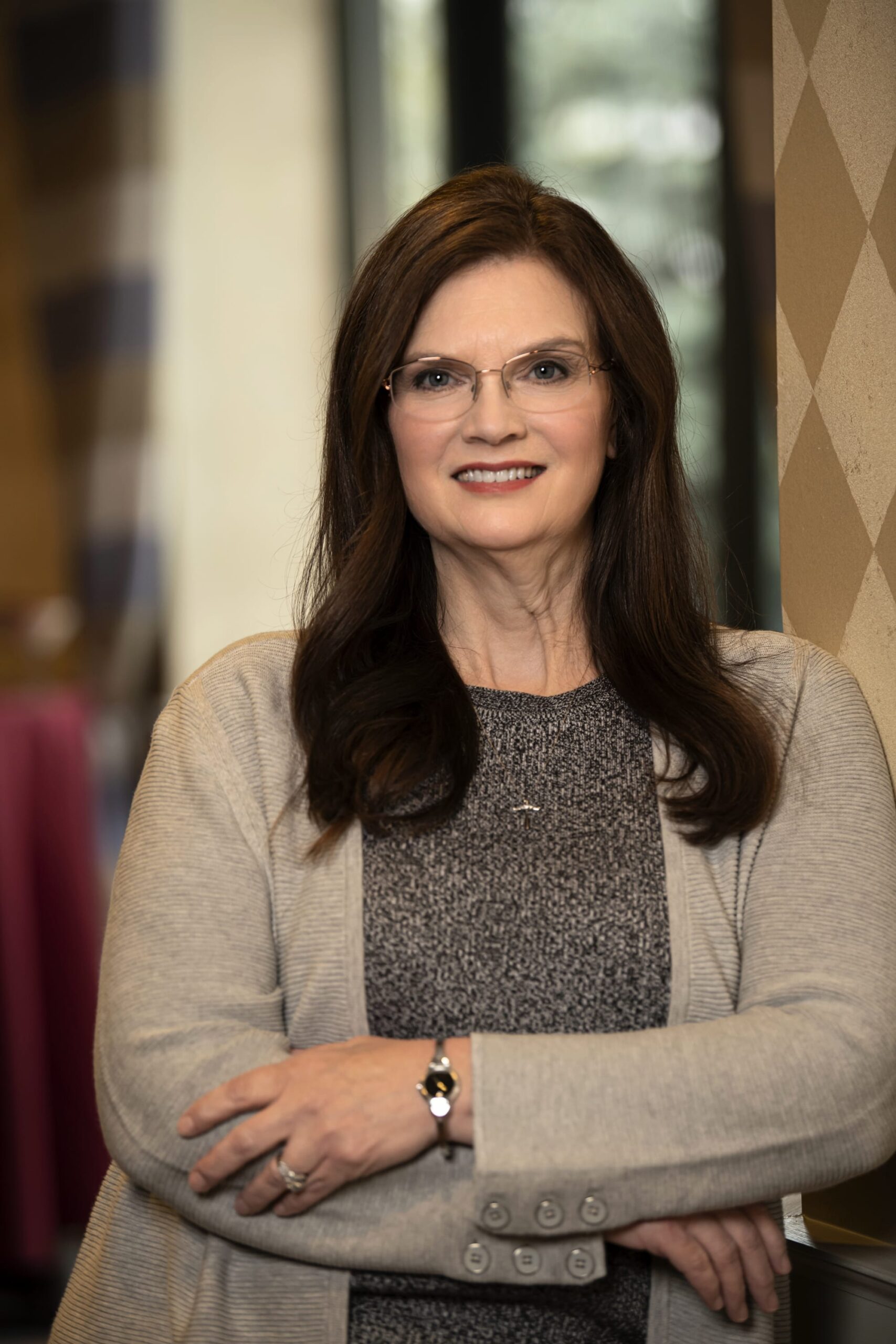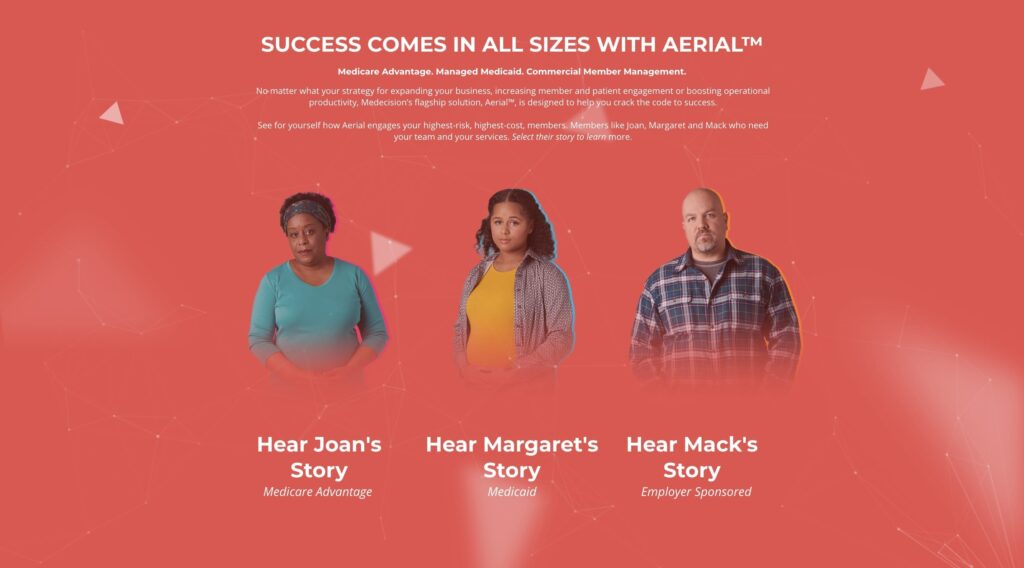
The concierge care model looks to provide personalized service to health plan members.

Connie Webster, Lead Clinical Consultant, Medecision
When you stay at a hotel in a big city, it’s easy to feel lost or flustered, as you might not know where to go for dinner, what plays are in town, or how to get from point A to point B safely. Fortunately, the hotel’s concierge can help with all of that, making it possible for you to have a great travel experience. Health plans are now looking to provide the same personalized service to their members. As such, members will no longer feel that their needs are being glossed over — or worse yet, ignored — as they might have felt under traditional models.
When health plans apply the concierge care model, a member will typically interact with a “health advocate” who handles all communication one-to-one. Under traditional models, the member often interacts with various care managers and service representatives in an uncoordinated fashion.
“Under concierge models, the health advocate really focuses on trying to respond to all of a member’s needs and concerns in a single phone call. The health advocate will remain on the phone with the member while addressing the purpose for the call. The advocate will ask the member if they need their primary care provider updated or if they need information on what services need to be pre-authorized or on preventive health programs,” said Connie Webster, Lead Clinical Consultant, Medecision. “With traditional models, especially those implemented by large health plans, there was more of a focus on answering phone calls quickly and pushing those phone calls through; the ‘thirty second concept’ where the care manager tried to answer questions and get off the phone quickly so he or she could be available for the next call.”
To successfully support a concierge model, health plans need to rely on analytics to identify at-risk members — and then reach out to those members to offer services that might help to improve their health.
“When talking to a high-risk member who needs to get a replacement ID card, a health advocate would be able to also say ‘we’d like you to consider discussing some of your healthcare needs with one of our clinicians and the advocate could then do a warm transfer of the call right over to a nurse. And then the nurse can use assessments and other tools to evaluate where assess the member is in their healthcare journey and what we can do to impact decision and improve the member’s health overall,” Webster said.
To implement concierge care models, health plans need flexible platforms such as Medecision’s Aerial that can support streamlined, holistic member-focused assessments that consider all elements of a member’s health and wellness, including social determinants of health. With these assessments, the health advocate can ask the member questions not only about the specific condition that they called about but about their overall functioning and the various social factors that could be affecting their ability to receive services. For example, when talking with an asthmatic member, the health advocate might also address smoking cessation programs and the member’s transportation needs.
By addressing these issues, the health plan can close the gaps in care that traditionally prevent members from experiencing optimal outcomes. Under a traditional model, the care manager would simply stick to discussing the member’s asthma treatment — and these gaps in care would not be addressed.
To implement the concierge model, health plans need to provide staff with additional training and tools.
“The health advocate is not only expected to know how to ask the right questions about clinical care, transportation and finance but they also have to have the tools to be able to deal with those issues. So, if they are asking about transportation, they should then have access to an Uber or Lyft service that they can offer to members,” Webster said.
As such, to get concierge models in place, health plans need to invest in the requisite analytics systems as well as staff training. In addition, the models could necessitate a higher staff to member ratio. But any hotel manager can tell you that the improved customer satisfaction experienced through the models is worth the investment. Health plans. however, can also expect to experience cost savings.
“It ultimately is a very cost -effective model because health plans can save significant money by preventing hospitalizations and emergency room visits,” Webster concluded.



About The Author: Medecision
Medecision is a leader in cloud-based, data-powered healthcare solutions, enabling risk-bearing entities to achieve improved health outcomes, optimized medical costs, reduced administrative costs, and personalized engagement. Our Aerial platform supports over 10% of the U.S. population, marking a significant milestone in advancing healthcare efficiency and effectiveness.
More posts by Medecision